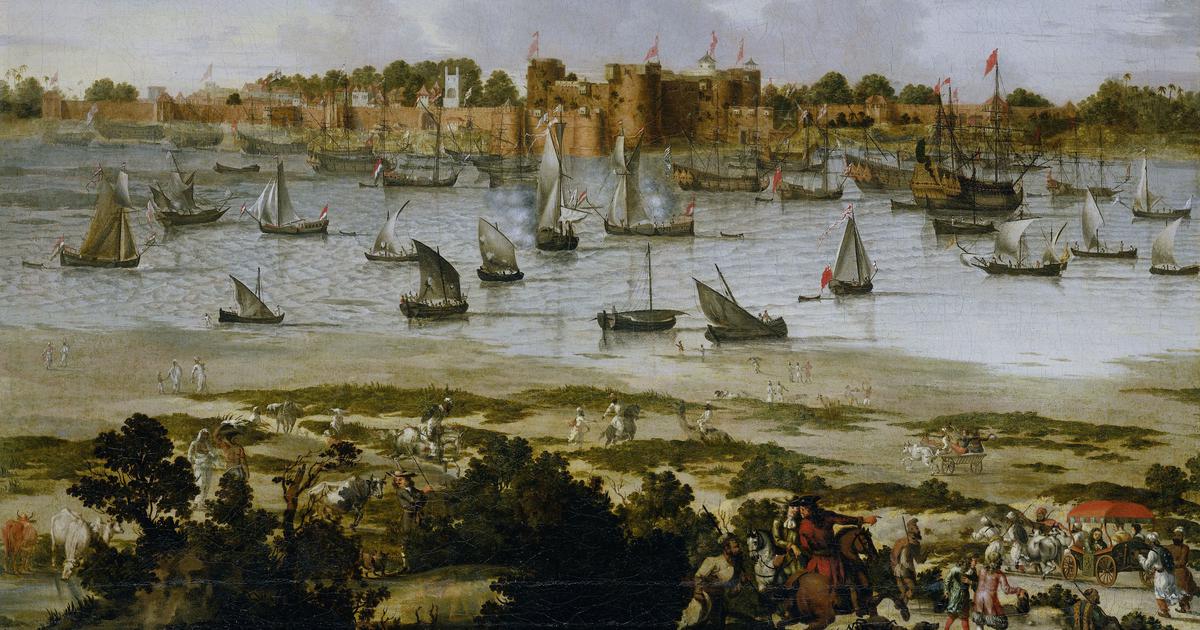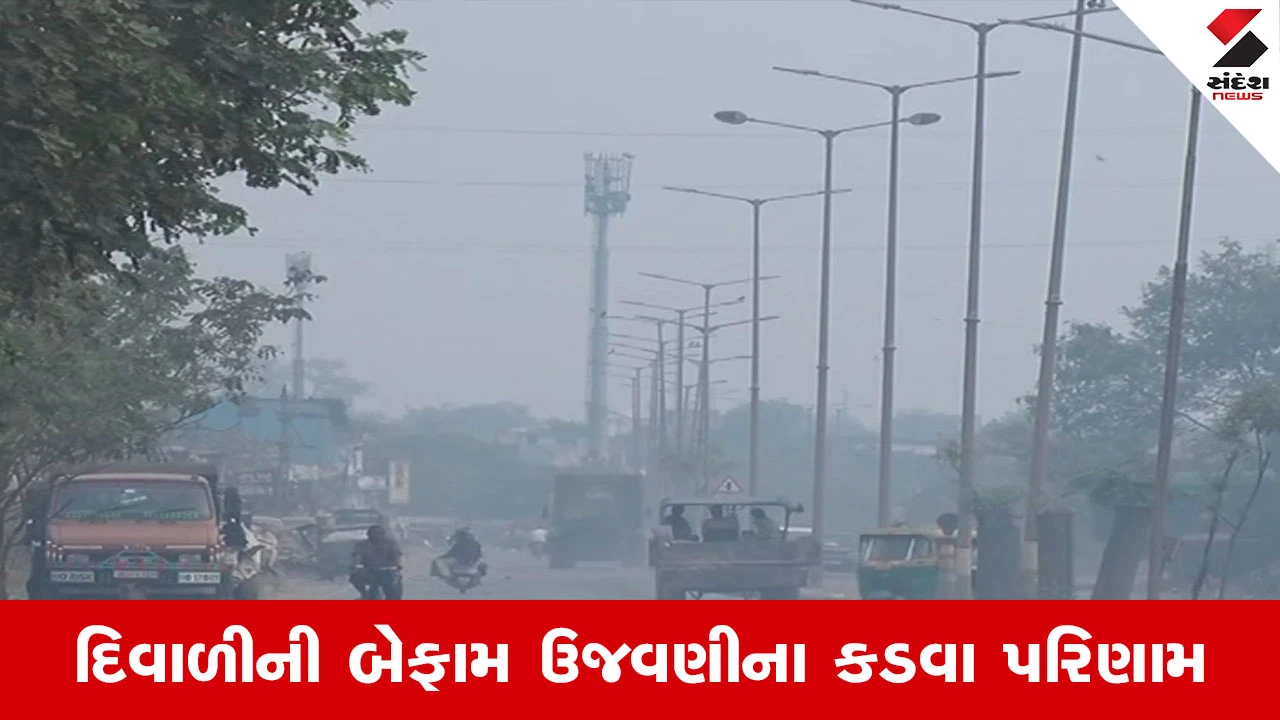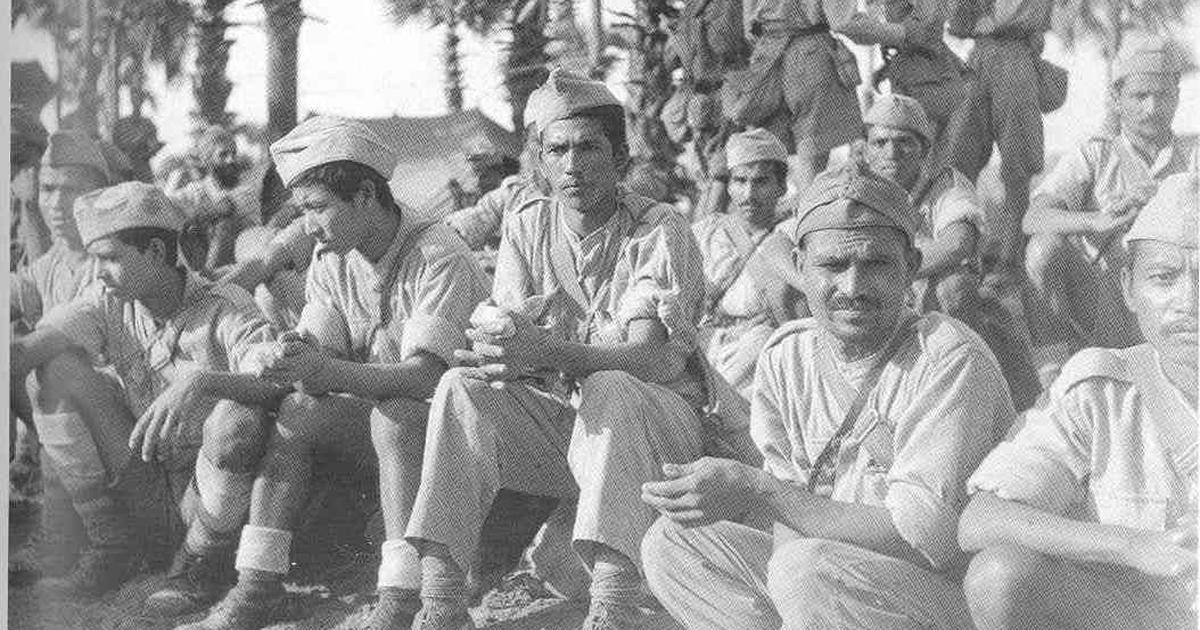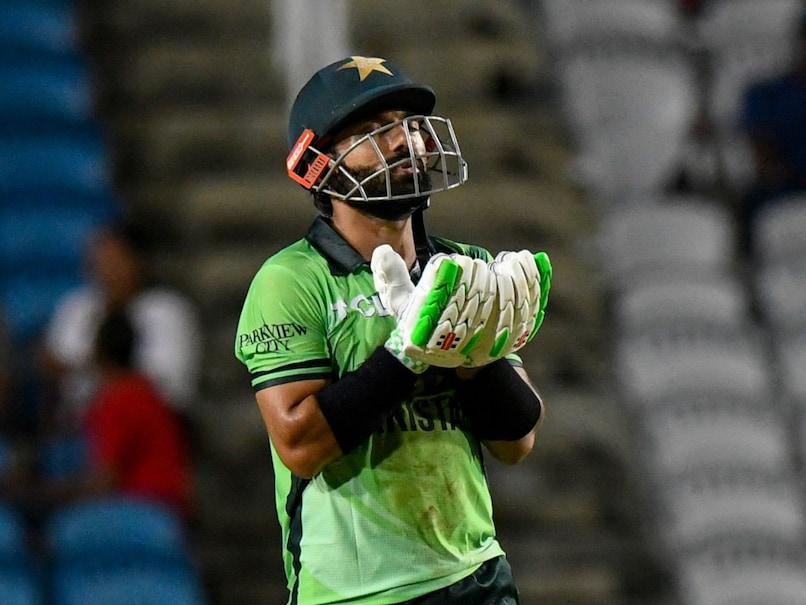How the legacy of 19th century writer from Surat reflects South Asia’s cosmopolitan past

Join our WhatsApp Community to receive travel deals, free stays, and special offers!
- Join Now -
Join our WhatsApp Community to receive travel deals, free stays, and special offers!
- Join Now -

On a sultry summer morning in 1863, in the port city of Surat on the western coast of India, while British officers still tossed and turned beneath the mosquito nets covering their beds, and a few intrepid souls chatting in Gujarati made their way to the Tapti river to bathe or wash their clothes in the shadow of shuttered shipyards, 28-year-old school headmaster Nandshankar Mehta climbed the stairs to the attic of his modest home, hitched up his cotton dhoti, and sat cross legged on the floor to write.
His wife later said that he barely stopped to think, barely crossed out a word as he told a tale set at the close of the 13th century, when India comprised a patchwork of warring kingdoms, and Karan, the Hindu ruler of Gujarat, is about to lose his kingdom to a Muslim sultan from Delhi.
Nandshankar’s novel, Karan Ghelo (“Foolish Karan”) was published in 1866 and has never been out of print since. It is widely considered to be the first novel written in Gujarati – one of the 14 major languages of India. The novel – historical fiction based on real events – was adapted into plays, used as a text in Gujarati-language schools, and read...
Read more
What's Your Reaction?
 Like
0
Like
0
 Dislike
0
Dislike
0
 Love
0
Love
0
 Funny
0
Funny
0
 Angry
0
Angry
0
 Sad
0
Sad
0
 Wow
0
Wow
0























































